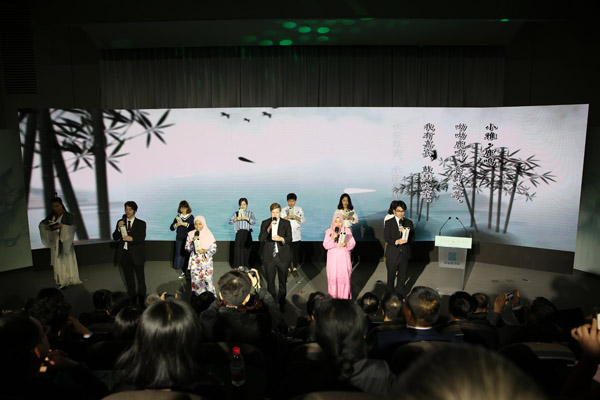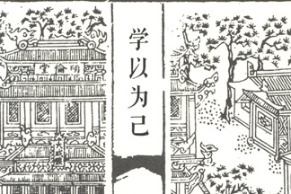Book prize jury focuses on traditional culture when picking winners


"Scientific creativity is highly advocated in today's China," he says. "And this book re-evaluates our achievements."
The book also includes two modern inventions-biologist Yuan Longping's hybrid rice in the 1970s and artemisinin, a medicine used against malaria which was discovered by Nobel Prize laureate Tu Youyou.
The book Liang Xun Chuan Jia ("Good Mottos Passed Down Generations") tells the importance of traditions, morals, regulations, and values in Chinese families that help to form a country's collective cultural foundation.
Xue Yi Wei Ji ("Learn to Promote Oneself") discusses the history of the education system and purpose of education in ancient China, and looks at how we see things today.
Chen Guying, a philosopher from Taiwan and now a professor at Peking University, hails the trend of highlighting Chinese traditions at the awards ceremony.
"When I was in France in the 1980s, I was astonished to find a high school student had to read 15 to 20 Western classics," says Chen. "Now, it's a wise choice for us to also stick to our own cultural identity by reviewing ancient classics."
But, Deng Xiaomang, a philosopher and author of Zhe Xue Qi Bu ("The Start of Philosophy"), another winner, says that books on themes like philosophy find it hard to attract reader interest in the digital era.
"People see such books as useless," he says. "However, we are also to blame, for our inability to blend Western philosophy with a modern Chinese context."
His new book, which introduces abstract jargon, however, has been warmly welcomed.
"It's a surprise," says Deng. "But it also encourages scholars to be more creative to make academic achievements popular with the public."
In popular science, Space Journey, which looks at behind-the-scene stories of two Chinese astronauts' trips into space with Shenzhou XI in 2016, and Quantum Mechanics For Children were recognized by the jury.
Two translated works also made the winners list.
A Brief History of Everyone Who Ever Lived from the United Kingdom traces the history of DNA studies and Le Beau Livre de la Terre ("A Beautiful Book of the Earth") from France uses a wide range of high-definition images to show geological changes.



































